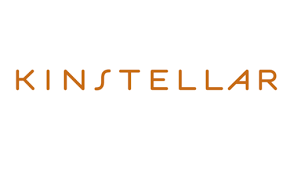An intense effort to agree on unified directly applicable European rules for digital services is finally yielding results. On 5 July 2022, almost two years after their introduction by the European Commission, the European Parliament adopted in the first reading the Digital Services Act (DSA) and Digital Markets Act (DMA), following an earlier deal reached between the Parliament and the Council of the European Union on 23 April and 24 March 2022, respectively.
Both the DSA and DMA are landmark rules with the potential to fundamentally change the way digital services are provided within the European Union (EU). In this installment, we look at the DSA, which updates the rules for online intermediary liability 20 years on from the adoption of the e-Commerce Directive, and which introduces new compliance requirements for many market players.
What are the current rules and why the need for an update?
The e-Commerce Directive, adopted in 2000, has been the main legal cornerstone for the provision of digital services across the EU. Due to significant technological developments over the past 20 years the rules were deemed to require upgrading.
Directly applicable rules and tiered obligations
One set of directly applicable rules will now apply to digital services across the EU. All intermediary service providers across the EU single market (whether based within or outside the EU) will be bound by these rules. The DSA sets forth “tiered obligations” so that the more complex and larger the service, the greater the applicable obligations.
To whom does the DSA apply?


